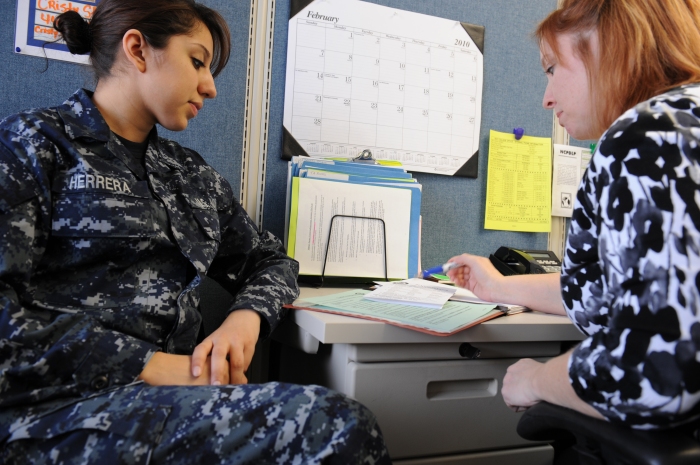When I step back and look at what types of activities help lead to success for students in college, I am struck by how many of the most successful students have done volunteer (community service) work while they were in college. This volunteering is quite varied and includes disaster relief, working in a church daycare center, helping on a cancer ward, being a server in a soup kitchen, tutoring, working at a rape crisis center, being involved in a political campaign, etc. Before getting into the benefits of volunteering I need to be clear that volunteering, by definition, is doing work for free. Thus, if you are unable to work for free or feel that your time is too valuable to not get paid, then you will have to think of other activities that can help you succeed in college and beyond. I also want to add that it is great if you can volunteer with some organization that is related to your ultimate career goal, but any kind of volunteering has its benefits.

As far as numbers, Google reported that “In 2010, 26.1 percent of college students around the United States volunteered, about on par with the overall percentage of Americans who volunteered that year. College student volunteerism peaked at 31.2 percent in 2004, according to the Corporation for National and Community Service.”
It would be great if more students volunteered, and I hope this post gets more students to see that volunteering can be beneficial in so many ways. So, here goes:
1) Volunteer work stands out in your resume. Given that only about a quarter of college students volunteer your resume will likely increase your standing relative to your peers. It indicates a certain type of motivation that many other students will not be able to show.
2) When you volunteer, you are doing work that benefits the community and will make you feel good. Whether it is working at a food bank or picking up trash in a park you are improving your community. There is a great deal of self-satisfaction knowing you have helped others in your community.
3) Volunteering shows that you have good time-management skills. You are able to show that you could take on an unpaid position at the same time you are taking classes and participating in other activities.
4) Often, volunteering shows that you can be part of a team. This quality can be very important, especially to employers who expect their workers to be able to interact with others in the workplace. I should note that there are a number of companies that do volunteer work in the community. If you already have volunteer experience, you will likely stand out compared to other applicants.
5) Certain scholarships require community service to apply. Thus, volunteering may boost your ability to get financial aid.
6) When you volunteer you are almost certain to build networks among the people you meet. As you might imagine, these contacts can be an excellent resource when you are looking for a job or need a letter of recommendation. In addition, wherever you volunteer you will form social networks with people who have similar interests.
7) You are able to build on existing skills and develop new skills in a volunteer situation. For example, you might have some computer skills, but in your volunteer position you might learn new ways of using computers. In addition, there are often times when you volunteer when you need to think in new ways. You may have a meager budget but big obstacles to overcome. This can get you to think in creative ways to solve problems.
8) Volunteering offers you the opportunity to explore career options. You are able to check out different activities to give you an idea of what career path might be best for you. In addition, volunteering may let you know that a certain path is really not what you thought it would be.
9) When you are in a volunteer situation you often learn to lead. Although you might not think about this when you start volunteering, many organizations rely on volunteers to get things accomplished. Given the large number of volunteers, it is pretty common for someone (it could be you!) to be made the leader of a group. This may not be what you wanted when you first decided to volunteer, but keep in mind that gaining this leadership experience is a real positive.

To find out where you can volunteer you just need to:
- Talk to others
- Check out http://www.volunteer.gov
- Contact the Career Center on campus
- Contact any non-profit organization or charity
- Contact the Red Cross if there is a natural disaster (e.g., tornado)
- Ask a religious leader
Also, you might consider volunteering with a friend so that you can make a difference together. In the end, I am confident that you will feel great about volunteering. Not only will it lead to a stronger resume, but more important it will lead to a stronger you!

